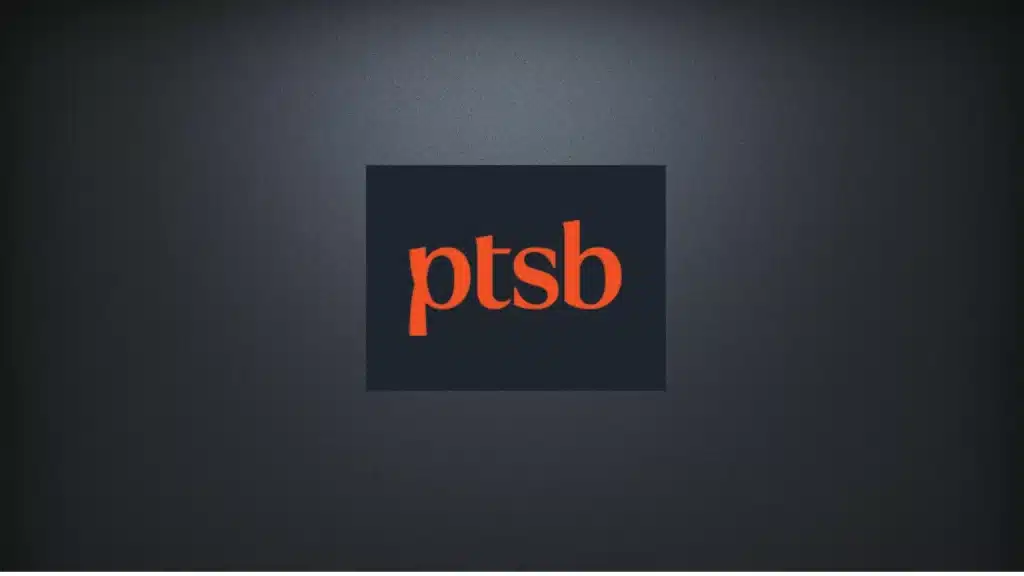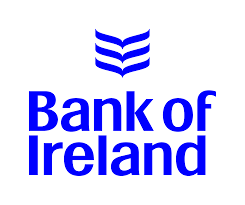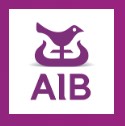Navigating Overdrafts: The Perks, Pitfalls and Why Banks Should Phase Out Overdraft Fees?
But wait, before you dive in, it’s important to know that overdrafts can be both a lifesaver and a potential headache. They offer instant access to funds and flexibility, but they can also come with high fees and risks if not managed properly.

Navigating the Financial Landscape of Overdrafts
In the intricate tapestry of personal finance, overdrafts are a thread that many have encountered. An overdraft occurs when an individual withdraws more money from their current account than they have available, creating a negative balance. This way of borrowing money can be a real lifesaver or a big problem, depending on how you handle it.
The Perks of Overdrafts
Immediate Access to Funds
One of the most significant advantages of an overdraft is the immediacy with which funds can be accessed. Unlike other forms of borrowing, such as personal loans or credit cards, an overdraft is linked directly to a current account, providing instant access to additional funds when they are needed most. This can be particularly useful in emergencies or unexpected situations where quick cash is urgently needed.
Flexibility
Overdrafts offer a level of flexibility that is unmatched by many other financial products. There is no fixed repayment schedule, allowing individuals to repay the borrowed amount at their own pace, as long as they stay within the agreed limit. This flexibility can help manage cash flow and provide a buffer during financially tight periods.
Lower Interest Rates (In Some Cases)
Compared to other forms of short-term borrowing, such as payday loans, overdrafts can sometimes offer lower interest rates. For those with a good credit history, banks may provide preferential rates, making overdrafts a relatively cheaper option for borrowing small amounts of money over short periods.
The Pitfalls of Overdraft
High Fees and Interest Rates
Overdrafts can be costly, especially if they are unauthorized or exceed the agreed limit. Banks often charge high fees for unauthorized overdrafts and can also impose steep interest rates on the borrowed amount. These fees can accumulate quickly, turning a small borrowing into a significant debt.
Risk of Dependency
The ease and convenience of overdrafts can lead to a dependency on this borrowing method. Individuals may find themselves habitually dipping into their overdraft, creating a cycle of debt that can be difficult to break. This dependency can impact long-term financial health and make it challenging to build savings or plan for future expenses.
Potential Damage to Credit Score
Frequent use or misuse of overdrafts can negatively affect an individual’s credit score. Missed repayments or consistently being in the overdraft can signal financial instability to credit rating agencies, potentially impacting the ability to secure loans or credit in the future.
Review Current Accounts with Overdraft
Evaluate current accounts that offer overdraft facilities from leading Irish banks, such as
Moving Beyond Overdraft Fees: A Call to Action for Irish Banks and the Central Bank of Ireland
In today’s rapidly evolving financial landscape, it is imperative for Irish banks and the Central Bank of Ireland to reconsider the practice of charging overdraft fees on consumers. Overdraft fees, while historically a source of revenue for banks, have increasingly become a burden on consumers, particularly those who are already financially vulnerable.
The Burden on Consumers
Overdraft fees can quickly accumulate, leading to a cycle of debt that is difficult for many consumers to escape. For individuals living paycheck to paycheck, a single overdraft fee can trigger a cascade of financial challenges, making it harder to cover essential expenses such as rent, utilities, and groceries. This financial strain is not only detrimental to individual well-being but also to the broader economy, as it reduces consumer spending power and overall economic stability.
A Shift Towards Consumer-Friendly Practices
Many financial institutions worldwide are recognizing the need to adopt more consumer-friendly practices. By eliminating or significantly reducing overdraft fees, banks can foster a more supportive relationship with their customers. This shift not only enhances customer satisfaction and loyalty but also aligns with the growing demand for ethical banking practices. Consumers are increasingly choosing banks that prioritize their financial well-being, and Irish banks have the opportunity to lead by example in this regard.
The Role of the Central Bank of Ireland
The Central Bank of Ireland plays a crucial role in shaping the country’s financial policies and regulations. By advocating for the reduction or elimination of overdraft fees, the Central Bank can set a precedent for other financial institutions to follow. This proactive approach would demonstrate a commitment to protecting consumers and promoting financial inclusion. Furthermore, it would encourage banks to explore alternative revenue streams that do not disproportionately impact their most vulnerable customers.
A Win-Win Proposition
Moving past overdraft fees is not only beneficial for consumers but also for banks. By adopting more transparent and fair fee structures, banks can build stronger, more trusting relationships with their customers. This trust can translate into increased customer retention and the potential for cross-selling other financial products and services. Additionally, banks that lead the way in consumer-friendly practices are likely to attract positive attention and enhance their reputation in the market.
It is time for Irish banks and the Central Bank of Ireland to take a bold step towards eliminating overdraft fees. By doing so, they can alleviate financial stress for consumers, foster a more ethical banking environment, and ultimately contribute to a healthier, more resilient economy. The benefits of this change are clear, and the time to act is now.
Conclusion
Overdrafts are a double-edged sword in the realm of personal finance. While they provide immediate access to funds and offer flexibility, they also come with significant risks, including high fees, potential dependency, and credit score implications. However, the global banking landscape is evolving and we hope that many banks are reevaluating their approach to overdraft fees. With the introduction of fee-free overdrafts, and a focus on financial education, banks can take meaningful steps to support their customers and move past the punitive overdraft fee model. As this trend continues, it will be essential for individuals to stay informed and make wise financial decisions to harness the benefits of overdrafts while mitigating their risks.
Sources
Coins to Asset relies on high-quality sources, including peer-reviewed studies, to ensure the accuracy of the information in our articles. To learn more about our fact-checking process and how we maintain the reliability and trustworthiness of our content, please read our editorial process.
- Bank of Ireland: Annual Group Report pg 52
- AIB: Annual Report 2023 Presentation pg 13








